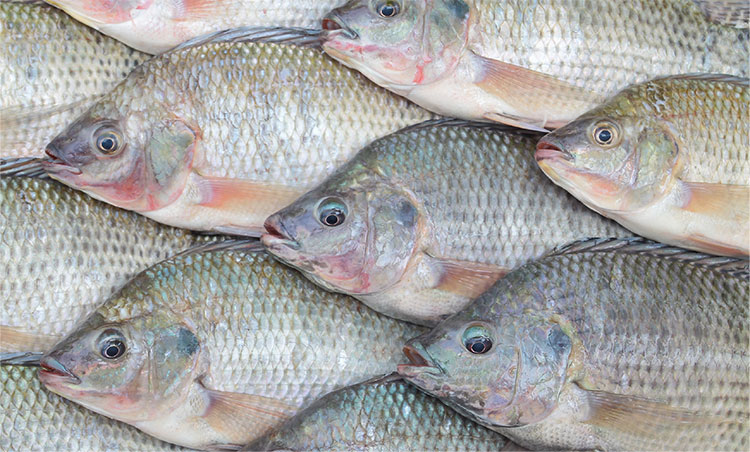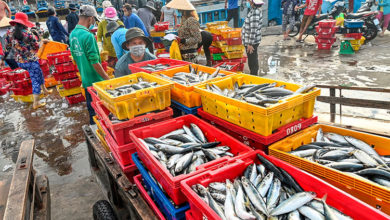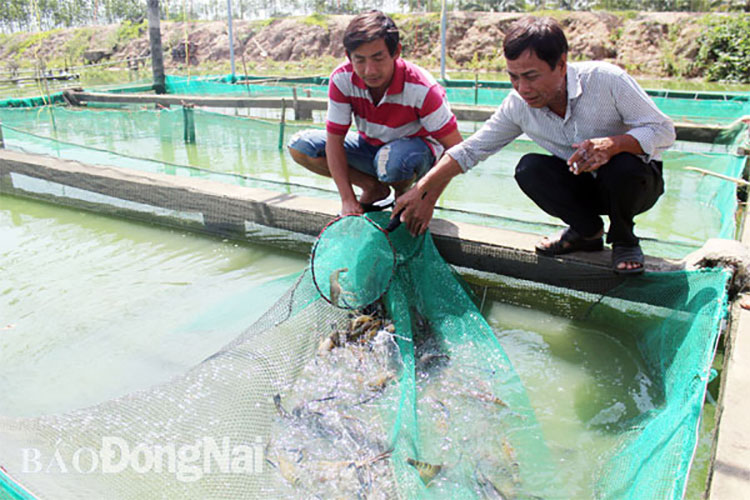Brazil lifts import suspension on Vietnamese tilapia, paving way for deeper trade ties
In a significant move toward enhancing bilateral trade, Brazil has officially lifted its suspension on imports of Vietnamese tilapia, opening the door for expanded seafood trade and contributing to the shared goal of reaching USD 15 billion in two-way trade by 2030.
On April 24, Brazil’s Official Gazette published a resolution from the Ministry of Agriculture and Livestock (MAPA), formally revoking the ban on Vietnamese tilapia imports. The suspension, imposed in February 2024, was initially introduced to reassess Vietnam’s animal health protocols in light of concerns about the Tilapia Lake Virus (TiLV), a highly contagious aquatic disease, and alleged non-compliance with Brazilian sanitary standards.
Between November 2023 and February 2024, Brazil had issued 22 import licenses for Vietnamese tilapia fillets and rejected two others, with only one shipment successfully entering the country in December 2023.

Brazilian aquaculture associations, including Abipesca and Peixe BR, had raised strong objections, citing potential damage to the domestic seafood industry already grappling with high production costs and market pressures. Despite these concerns, the Brazilian government affirmed that the resumption of tilapia imports was a non-reversible decision, part of a broader negotiation that includes the future opening of Vietnam’s market to Brazilian beef.
Technically, MAPA clarified that the policy change does not compromise Brazil’s strict animal health standards. Following a detailed import risk analysis (IRA) conducted in 2024, MAPA concluded that the risk of TiLV transmission through frozen tilapia fillets is negligible. Furthermore, the ministry confirmed that existing import requirements, updated in 2020 and aligned with guidelines from the World Organisation for Animal Health (WOAH), remain in effect.
Looking ahead, Vietnam and Brazil are entering final negotiations to expand market access for additional Vietnamese seafood, including pangasius fillets. In return, Vietnam is expected to allow imports of Brazilian beef, with further discussions planned around Brazilian beef offal and Vietnamese shrimp products (including untreated whole shrimp).
According to the Vietnam Trade Office in Brazil, reopening the Brazilian market presents a timely opportunity for Vietnamese seafood exporters as they seek to diversify away from traditional markets facing economic volatility and trade barriers. However, the agency emphasized that regulatory approval is only the first step, exporting enterprises must strictly comply with Brazil’s processing, health, and traceability requirements to ensure long-term market access.
This latest breakthrough not only strengthens strategic cooperation between Vietnam and Brazil but also sets the stage for a more balanced and sustainable bilateral trade relationship in the years ahead.
VFM






